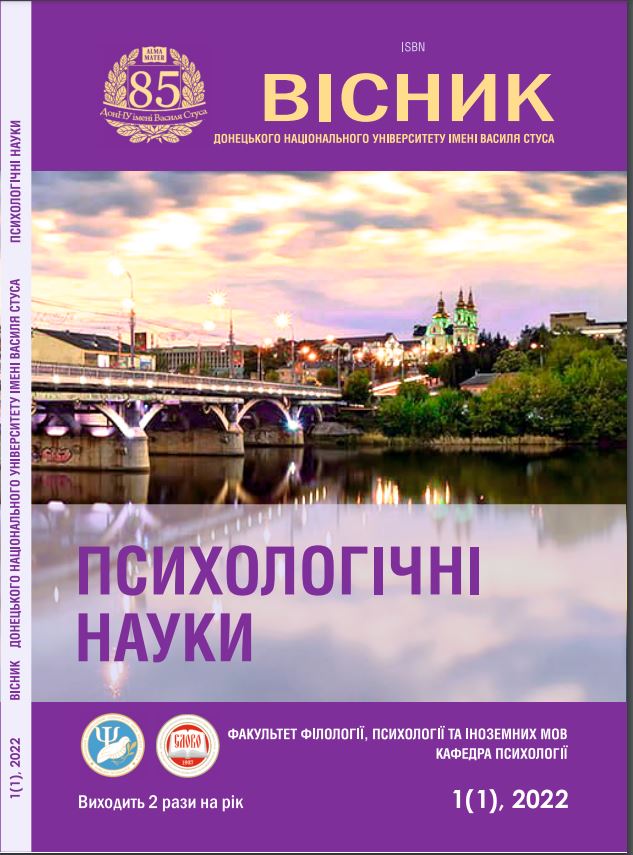Psychological aspects of training managers in the sphere services: tourist and hotel business
DOI:
https://doi.org/10.31558/2786-8745.2022.1(1).9Keywords:
service sector; human capital; professional orientation; psychological qualities of a service worker; complex of professional behaviorAbstract
The article presents previously undiscussed approaches to creating a career guidance program for high school students. Qualitative training of personnel for all categories of enterprises in the service sector begins with the process of attracting to this area precisely those people who have the ability to work in this industry, where human relations play a decisive role. The relevance of the implementation of a comprehensive multi-stage project aimed at future specialists in the service sector is dictated by the high level of responsibility in this area, the need for a preventive decision on admission to a specialty, clarification of some of the nuances and features of the service profession, which will give young people the opportunity to compare their abilities with certain requirements. The results of work in the tourism business largely depend on a number of psychological factors. Insufficient attention to the socio-psychological aspects of the professional activities of managers of tourism activities causes unhealthy relationships in the team, which reduces labor productivity. The psychological support for the training of tourism managers should be a continuous process of psychological monitoring with organizational and psychological measures and the creation of a favorable educational environment conducive to the professional development of students, as well as identifying factors that af ect the process of forming professionally important qualities.
References
The Travel & Tourism Competitiveness Report. Retrieved from. URL: https://www. weforum.org/reports (дата звернення 02.05.2022)
Bosma R. Real-world lessons from the hospitality expert. Research in Hospitality Management, 2016. V. 6. Issue 2. P. 171–176.
Берн Е. Лідер та група. Про структуру та динаміку організацій та груп. К. 2016. 400 с.
Фрейд З. Психологія мас та аналіз людського «Я». СПб.: Абетка, 2015, 192 с.
Фромм Е. Людина собі. Neoclassic. 2016. 320 с.
Копець Г. Р., Кулиняк І. Я. Сучасні напрями розвитку підприємств у сфері туризму в Україні. Вісник Національного університету «Львівська політехніка». Серія «Проблеми економіки та управління». 2020. Вип. 4. № 2. С. 37–48. DOI: https://doi.org/ 10.23939/semi 2020.02.037
Vorobieva M.V., Churilova I.G., Sokolova E.Y. Forming Students’ Tourist University Professional Motivation. World Applied Sciences Journal (Management, Economics, Technology and Tourism). 2019. P. 89-90.
Tuchrov A. Professionalisation and life-long education system divergence. Освіта на протязі життя: неперервна освіта в інтересах стійкого розвитку. 2017. В. 5. С. 252–254.
Casey D., Sieber S. Employees, sustainability and motivation: Increasing employee engagement by addressing sustainability and corporate social responsibility. Research in Hospitality Management, 2016. V. 6. Issue 1. P. 69–76.
Федулін А .А., Ананьєва Т.М. Удосконалення підготовки кадрів вищої професійної освіти для сфери сервісу з урахуванням потреб ринку праці (колективна монографія). К., 2019. 188 с.
Ількевич С.В., Стрьомберг П., Сахарчук О.С. Погляд на освіту у сфері туризму через призму парадигми сталого туризму (підведення концептуальних підсумків міжнародного науково-практичного семінару «Освіта у сфері розвитку сталого туризму». Вісник Асоціації вузів туризму та сервісу. Т. 10. 2020. Вип. 4. С. 15-27

